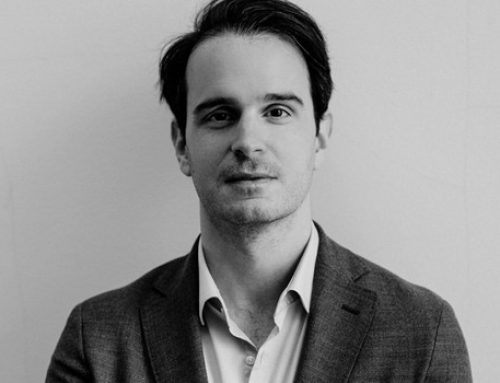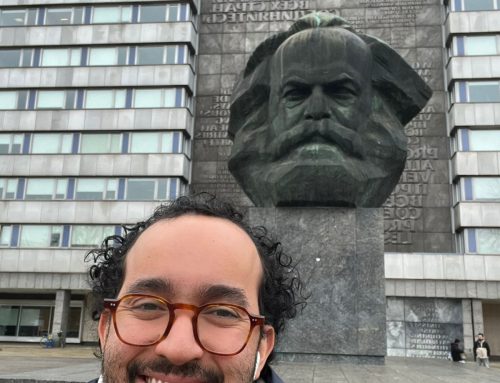On Wednesday, June 17th from 10.00 to 11.30 am we hosted the fourth CAS SEE Weekly Seminar with Barbara Prainsack, presented by Vedran Džihić.
The COVID-19 pandemic poses unprecedented challenges for policymakers, public health officials, and societies. The social and economic effects are likely to be felt for years to come. Amidst these difficult times, politicians, public and social media have been highlighting a note of hope: People are really looking out for each other – we’ve heard. We have seen signs posted in virtual and physical spaces by people offering their help to strangers. Even the United Nations remarked on the “spreading” of solidarity “among people everywhere”. But is this what we have been seeing, really solidarity? And how does the supposed surge in solidarity sit with other practices that we have also been observing, such as the closure of national borders, or politicians pitching the plight of refugees against the suffering of people affected by COVID?
Barbara Prainsack began her presentation by asking what solidarity is, and by proposing a definition that enables us to distinguish it from other types of support and pro-social practice. She will then draw upon empirical findings from two on-going studies on personal and societal effects of the COVID-19 crisis in Austria to argue that, while forms of inter-personal solidarity have been shifting even during the first weeks and months of the crisis, what is becoming increasingly clear is the importance of institutionalized solidarity. The most resilient societies at times of COVID-19 have not been those with the best medical technology or the strictest pandemic containment measures, but those with good public infrastructures and a political discourse that emphasizes shared stakes and risks, instead of pitching different groups of the population against each other.
Barbara Prainsack is a Professor at the Department of Political Science at the University of Vienna, and at the Department of Global Health & Social Medicine at King’s College London. Her work explores the social, regulatory and ethical dimensions of biomedicine and bioscience, with a focus on personalized and “precision” medicine, citizen participation, and the role of solidarity in medicine and healthcare (most recent book: Personalized Medicine: Empowered Patients in the 21st Century?, NYU Press, 2017). Barbara is a member of the Austrian National Bioethics Committee and of the European Group on Ethics in Science and New Technologies advising the European Commission. She is currently involved in two COVID-related studies: https://politikwissenschaft.univie.ac.at/forschung/forschungsschwerpunkte/cescos-zeitgenoessische-solidaritaetsstudien/solidarity-in-times-of-a-pandemic-what-do-people-do-and-why/, and https://viecer.univie.ac.at/coronapanel/.
CAS SEE Fellows in Dialogue Barbara Prainsack
[embedyt] https://www.youtube.com/watch?v=Jaxg1BOgUX0[/embedyt]






